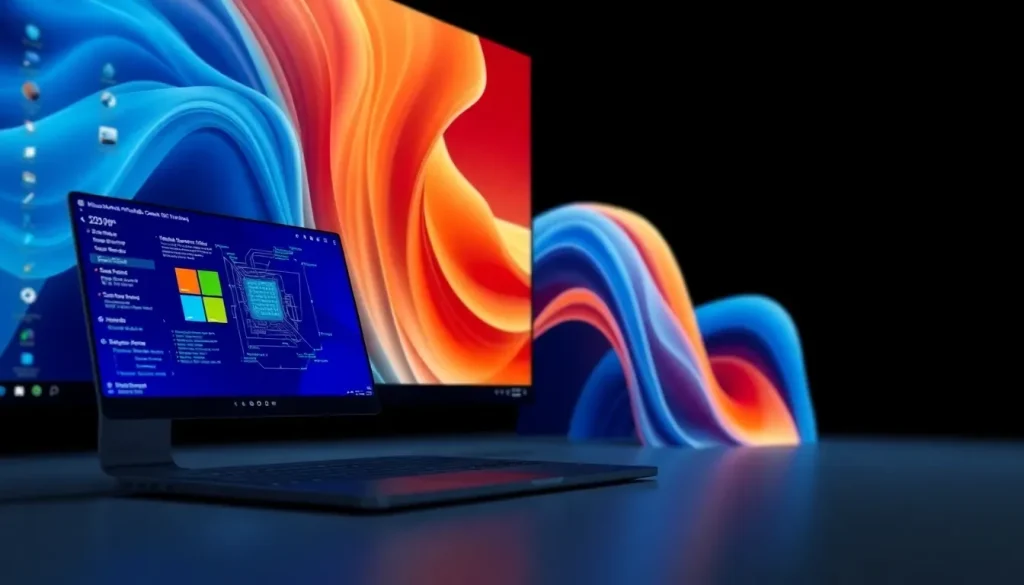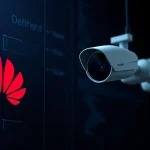Microsoft bets Windows future on AI and NPU with Copilot+

As we stand on the brink of a new technological era, the future of Windows is being redefined by the integration of artificial intelligence (AI) and specialized hardware. Microsoft has embarked on a transformative journey that emphasizes the importance of Neural Processing Units (NPU) in personal computing. This shift not only alters how we perceive performance metrics in PCs but also sets the stage for an enhanced user experience that is increasingly reliant on AI capabilities.
Gone are the days when the performance of a computer was solely judged by its CPU and GPU specifications. With the advent of Copilot+ and its associated technologies, Microsoft is signaling that the presence of a powerful NPU will be essential for any PC aiming to keep pace with the future. As we explore this new landscape, it becomes clear that those without the requisite hardware may find themselves left behind.
The critical role of NPU in the evolution of Windows
In the modern computing ecosystem, the Neural Processing Unit (NPU) has emerged as a pivotal component that dictates the true capabilities of a computer. Unlike traditional metrics that focused on CPU cores or GPU power, the NPU measures performance through its ability to execute a vast number of operations per second. Specifically, the new Copilot+ PCs are set to require a minimum of 40 TOPS (trillions of operations per second) to ensure optimal performance.
This requirement underscores a significant shift in hardware expectations. Alongside the NPU, these systems will need to boast at least 16 GB of RAM, 8 logical cores, and 256 GB of storage. The implications are clear: without meeting these standards, users may face restricted functionalities in future iterations of Windows, particularly in a potential Windows 12 environment.
By offloading AI tasks from the CPU and GPU to the NPU, Microsoft aims to enhance energy efficiency, maintain stable performance, and reduce overall power consumption. The integration of these components is designed to facilitate simultaneous AI operations, freeing up traditional processing resources for other computational tasks, such as gaming or video editing.
AI-driven features and their implications for hardware requirements
The future of Windows will increasingly prioritize AI-driven features, which in turn will necessitate ever-evolving hardware requirements. This creates a risk of segmenting users based on their hardware capabilities, potentially leaving many behind as technology advances.
One standout example of this new philosophy is Click to Do, an integrated tool that allows users to interact with text and images on their screens seamlessly. Utilizing simple keyboard shortcuts (Windows + click or Windows + Q), the system analyzes on-screen content and provides immediate actions such as copying, searching, or sharing—all performed locally through the NPU, thus maintaining user privacy.
- Summarizing selected text
- Creating bullet-point lists
- Rewriting content in various tones (casual, formal, refined)
- Opening web links directly from selected content
- Initiating emails or scheduling meetings via Microsoft Teams
- Editing images, including removing backgrounds or blurring
This local processing means that data does not need to be sent to external servers, thus enhancing user privacy. However, certain advanced features, such as Copilot or Visual Search, may be limited in regions with strict data protection regulations, like the European Union.
The balance between AI capabilities and user privacy
As Microsoft continues to integrate AI into Windows, the company emphasizes the importance of local processing for both performance and privacy. By leveraging the NPU, the execution of AI tasks occurs directly on the user’s hardware rather than relying on cloud-based solutions. This approach allows Microsoft to maintain control over user data and privacy while still providing advanced functionalities.
This dual focus on performance and privacy reflects a broader trend in technology, as companies strive to balance innovation with consumer trust. The ability to execute complex tasks locally means that users can work without fearing their personal data is being handled externally.
Future of Microsoft and the Copilot+ ecosystem
The Copilot+ ecosystem is indicative of Microsoft’s commitment to redefining the user experience in computing. With the integration of AI and NPUs, users can expect a more intuitive interaction with their devices, prompting a shift in how we approach computing tasks.
This transformation raises important questions about the future of personal computing:
- Will traditional PCs become obsolete in the face of AI-driven systems?
- How will software developers adapt to these new hardware requirements?
- What role will cloud computing play in a landscape dominated by local processing?
These questions reflect the complexities of a rapidly evolving technological environment. As Microsoft forges ahead with its vision, users and developers alike must adapt to a new reality where AI and specialized hardware are fundamental to achieving optimal performance.
Looking ahead: What can users expect from future Windows updates?
As Microsoft gears up for future updates, it is likely that the focus on AI and NPUs will drive the development of new features that cater to both consumer and professional markets. The potential integration of AI in various applications—including productivity tools, creative software, and even gaming—could redefine user experiences across the board.
In conclusion, the future of Windows is intricately tied to the rise of AI and the crucial role of NPUs in personal computing. As users prepare for this evolution, staying informed about hardware requirements and emerging technologies will be essential to fully leverage the capabilities of upcoming Windows versions.




Leave a Reply